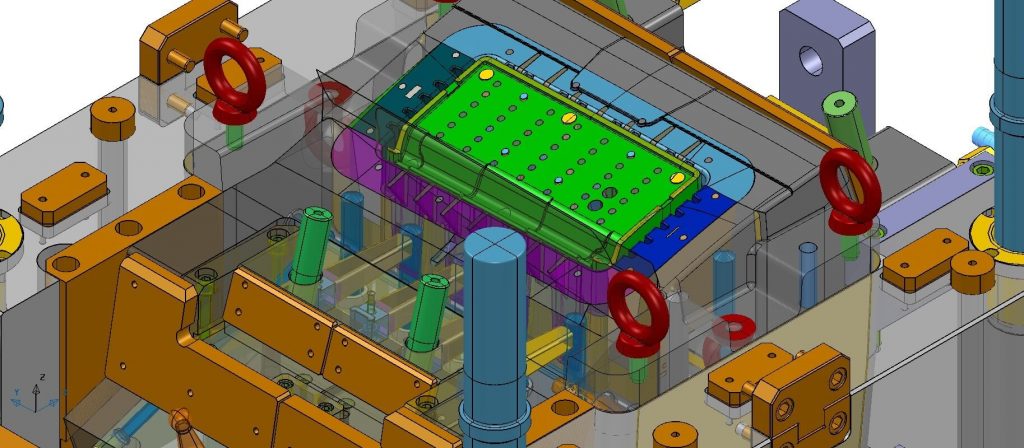
Designers need to gather all information before they start designing a mold.
-
Do you have a product design that is ready to go?
Having information missing or making changes to the mold after beginning can cause frustration, and it wastes valuable time.
-
How do the tolerances look?
In the first estimate of the mold cost and the first bid for the mold price, were the dimensions on the drawing the same as what was specified in the estimate? If there were no tolerances specified in the quote, this can be especially problematic; for example, if a molder asks for an estimate of the mold cost so he knows how much the customer’s product costs. Sadly, there are often no drawings, just samples or models of the product used as the basis for the estimate.
Designing a product with mold designers in mind will ensure that the finished product is easy to mold and satisfies the intended use, but if they do that, they should not make a product drawing, or they should insist on the customer’s signature on the drawing. This way, the product won’t surprise you later on, if it doesn’t work or look as expected.
-
Can the tolerances be justified?
Is it possible to produce the product with the size, plastic, and tolerances required? Prices rarely take this into account. Although mold parts are almost always made accurately and to tight tolerances, this does not mean the part will behave as expected when the tolerances are unreasonable. It may be necessary to perform an experimental setup in order to determine steel sizes with very close tolerances, which is both time-consuming and expensive. Make sure this is understood before proceeding. As a consequence, molded products may need to undergo close inspection, sometimes resulting in a high rejection rate. This can be exacerbated in the case of very stringent tolerances.
-
How long does the cycle take?
There is no need for a designer to guarantee cycle times to the customer, and this must be understood by the customer. A guarantee imposed by the customer could result in extensive experimental work (test molds, replacement of mold parts, etc.) which could be very expensive.
It is important to inform customers of these costs and to include them in the mold price. A person with molding experience would be best able to provide this information, but the designer should have some idea of the expected cycle from prior experience with similar products.
-
Are you looking for a specific outcome?
Designing molds requires that designers anticipate how much production they will get from them as well as how long they will use them. There can be considerable differences in cost depending on how many parts are to be molded. This consideration affects all aspects of the mold, from selecting materials to designing mold features.
To produce a molded product, other factors are equally important, as well as the mold itself. End users or molders should not be concerned with mold costs, but only with product costs. The responsibility of designing the most economical mold lies with the designer.
Marketers are also often responsible for creating new widgets. According to a few hundred test samples, the customer estimates he can sell 20,000 pieces within the next year. He is not yet sure whether the widget will be accepted by the general public. How big should the mold be? If this quantity of widgets is divided by the mold cost, what will the cost be? In this calculation, the mold cost will be significant, because the quantity is small.
Due to the relatively small quantity, the cavity may only need to be one or at most two or four. Thus, the cost of molding will be higher. It could be appropriate and affordable to use a cold runner system. If the widget turns out to be a hit, will the quantity required over the next three years increase to 5,000,000? The first mold will be unable to handle these quantities. Therefore, it will be necessary to create a new mold with many more cavities, a hot runner system, etc.-in short, a mold that is much more complicated. The cost of the mold will be much higher, but the final product will be more affordable. Which mold is best? They are both excellent options.
